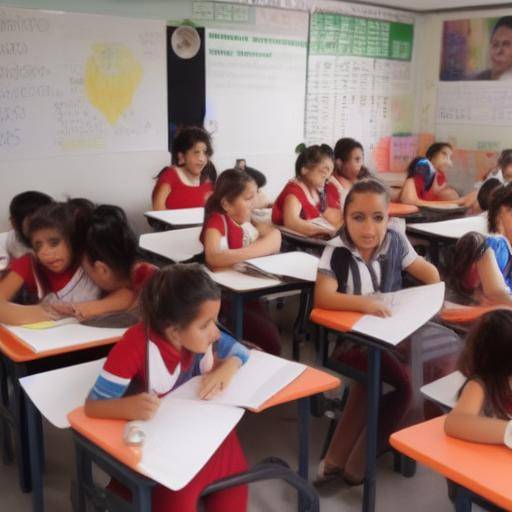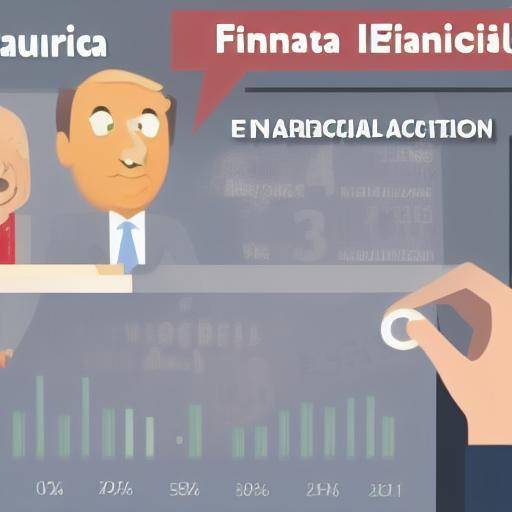
Financial education plays a crucial role in people's lives, especially when they approach retirement. Having a strong understanding of financial matters provides security and lays the foundation for a stable and prosperous future after retirement. In this article we will explore in detail the impact of financial education on retirement planning, addressing key concepts of knowledge, security and future in the context of personal finance.
Introduction
Financial education is a fundamental cornerstone for achieving economic stability, especially in retirement. Understanding concepts such as savings, investment, risk management and retirement planning provides people with the necessary tools to make informed decisions that impact their long-term financial well-being.
In this article we will explore how financial knowledge directly influences economic security during retirement, as well as the ability to build a stable and prosperous future. Throughout reading, we will discover the transformative role of financial education in people's lives while planning retirement, providing valuable information, financial security and a vision for the future.
History and background
Financial education has made significant strides in recent decades, from a peripheral theme to a central place in the economic and social agenda. Educational programmes, media outreach and the availability of online information have opened up new opportunities for people to gain a strong understanding of personal funding and retirement planning.
The modern concept of financial education began to foster at the end of the twentieth century, as Governments, financial institutions and educational institutions recognized the importance of providing people with the knowledge and skills necessary to make sound financial decisions, especially in the context of retirement planning. This change marked the beginning of a concerted effort to integrate financial education into school curricula, workplace training programmes and public awareness campaigns.
As financial literacy became increasingly recognized as an essential vital skill, the approach of retirement planning in the area of financial education was also enhanced. Recognizing the growing prevalence of various retirement options and complex decision-making processes, educational initiatives began to emphasize the importance of informed decision-making in retirement planning and the management of retirement funds.
The Impact on Retirement Planning
The impact of financial education on retirement planning is profound. With a strong understanding of personal finance and retirement concepts, people are better equipped to make informed decisions about their retirement savings, investment strategies and financial security after retirement. Armed with financial knowledge, people can proactively plan their retirement, optimizing their savings and investment options to ensure a stable and prosperous future.
In addition, financial education empowers individuals to understand the risks associated with retirement planning and to make appropriate decisions to mitigate such risks. By learning about asset diversification, risk management and long-term financial planning, people can safeguard their retirement savings and better prepare for unexpected financial challenges during retirement.
In conclusion, the impact of financial education on retirement planning cannot be overstated. By providing people with the knowledge and skills necessary to make informed financial decisions, financial education plays a key role in economic security and in the prosperous future during retirement. As financial literacy continues to gain momentum, its impact on retirement planning will undoubtedly remain a critical approach, empowering people to navigate their retirement years with trust and financial stability.






















































